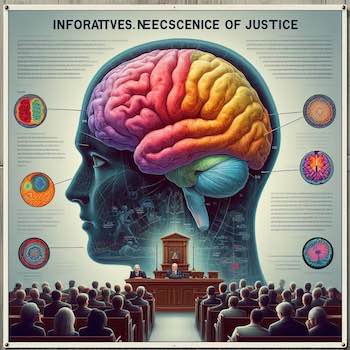Abstract: Can we explain consciousness as a phenomenon today? The problem is already rooted in matter: why do unexpected properties arise from certain physical organizations? Important subsidiary remark: these properties only appear at something at least as complex. It is therefore impossible to reduce the points of view of the constitution and the emergence to each other. It is in this opposition that a fragment of consciousness is born, whose planes are as reality becomes more complex, first in the material levels of information, then virtual in the depth of neural networks. Each level of reality constructs its own bidirectional interaction, the one that constitutes and the one that experiences its constitution. The higher the complexity, the richer and deeper the experienced phenomenon.
Do words create the idea?
It’s clear! Bertrand Perier, lawyer: “It is quite clear to me that words create the idea and not the other way around.” Amazing divinization of communication, words that would be there before their constituent abstractions. It is the transposition to the language of creationism; a God formed of all possible words is at the origin … Read more






